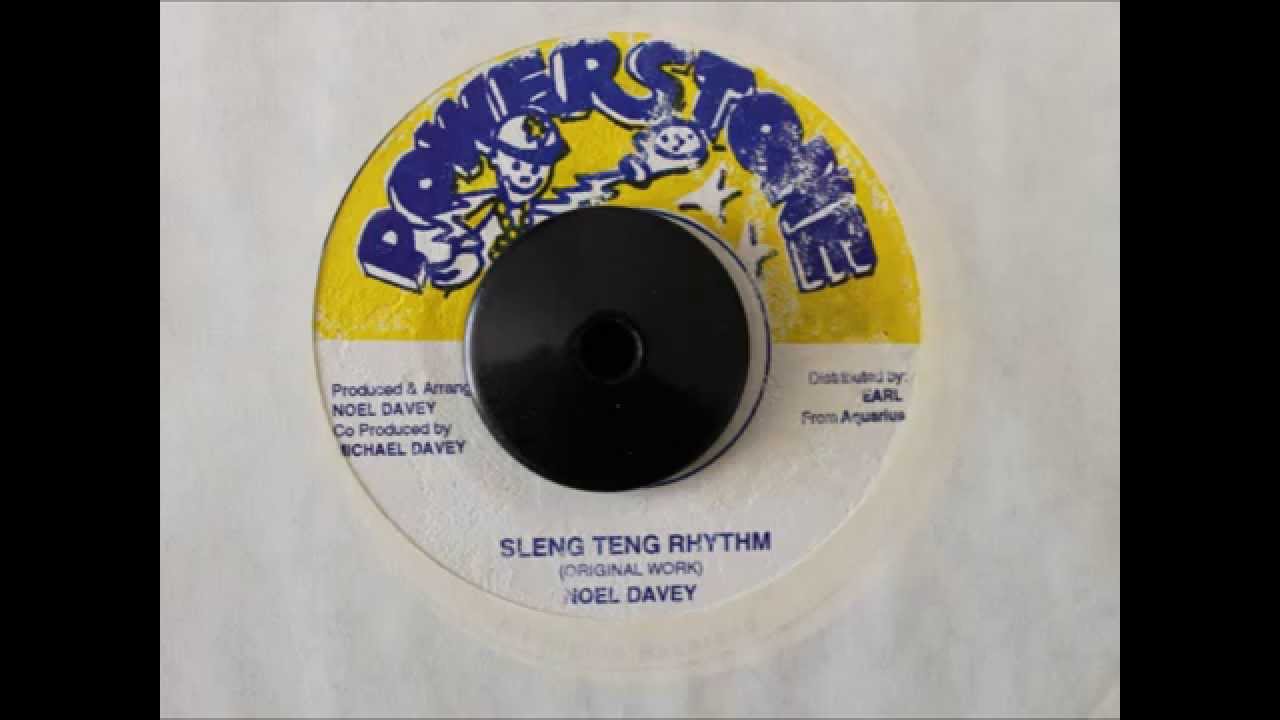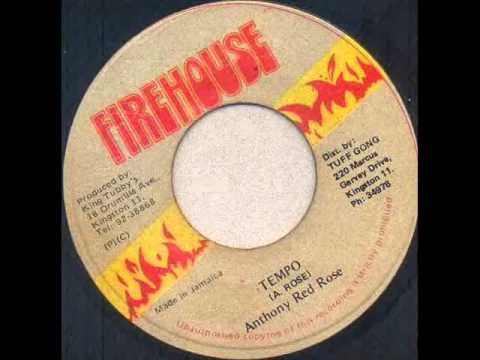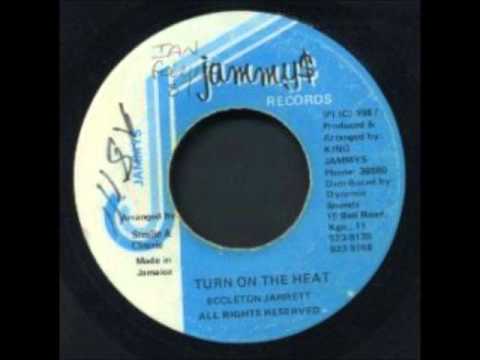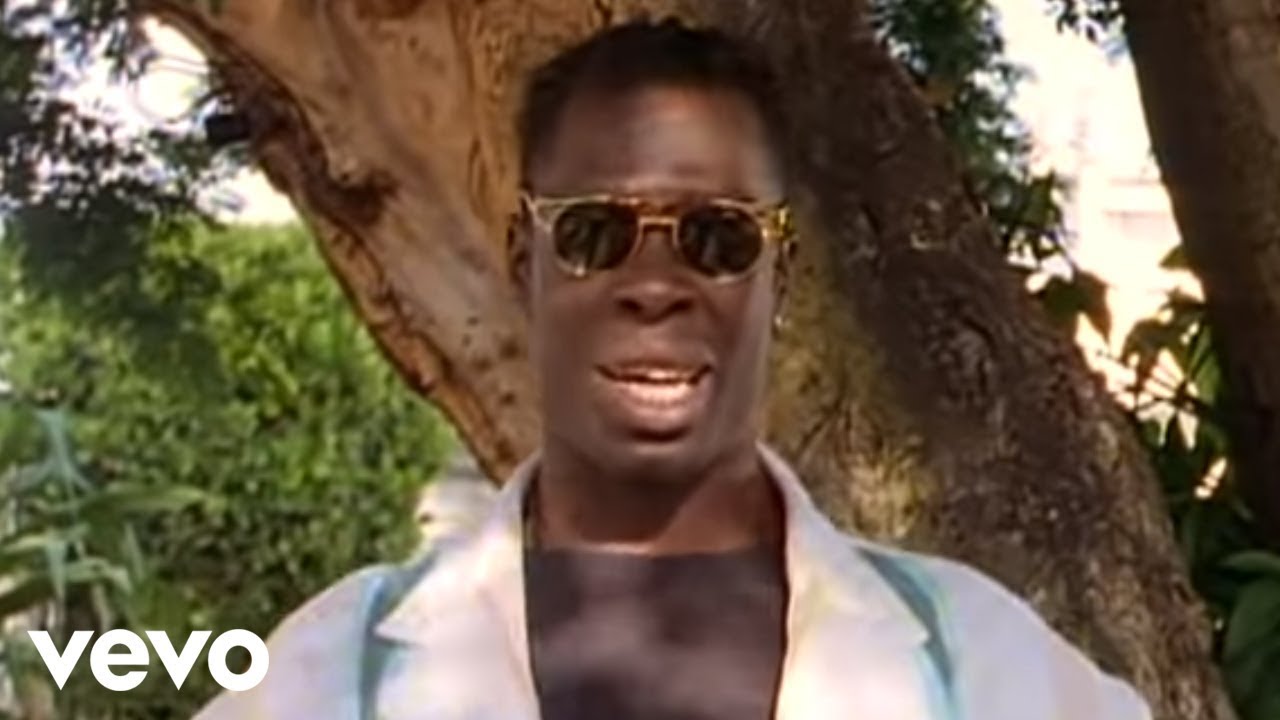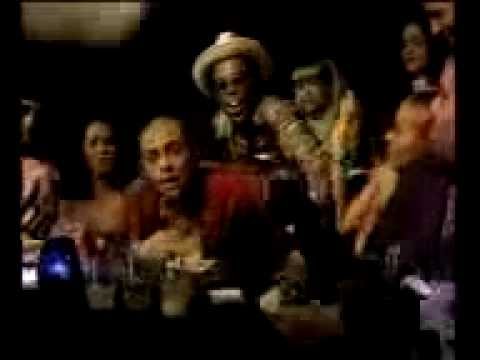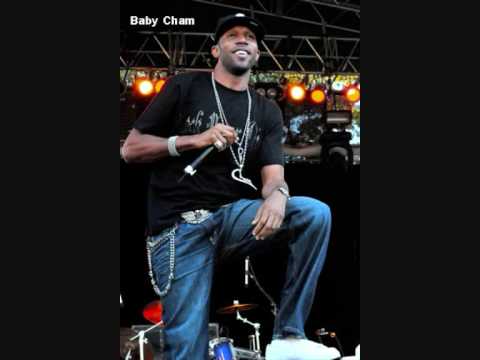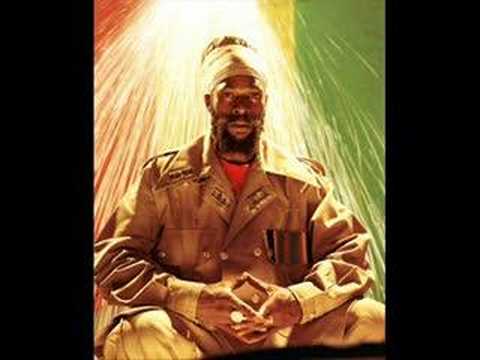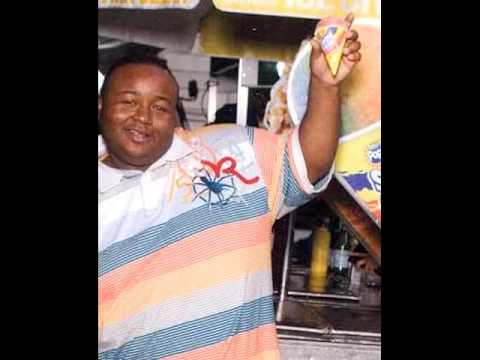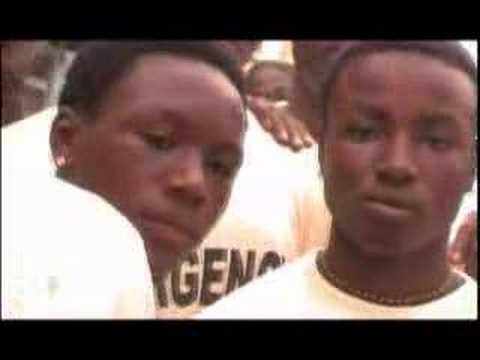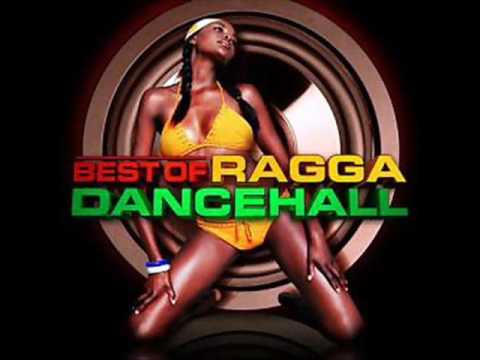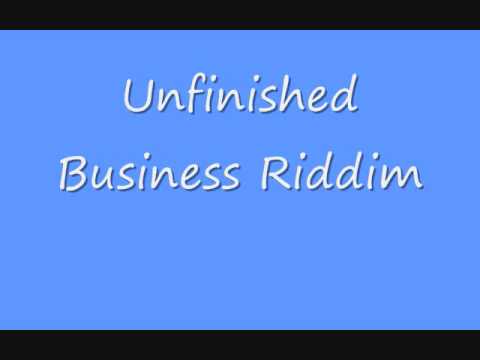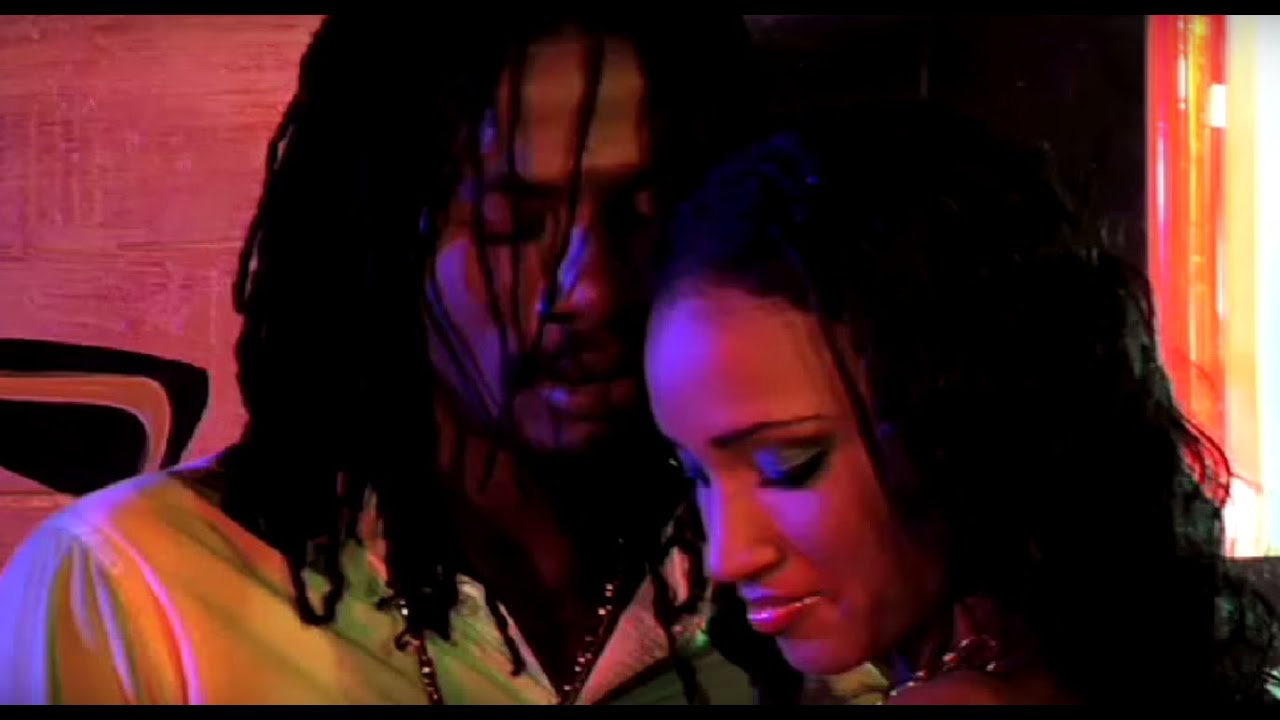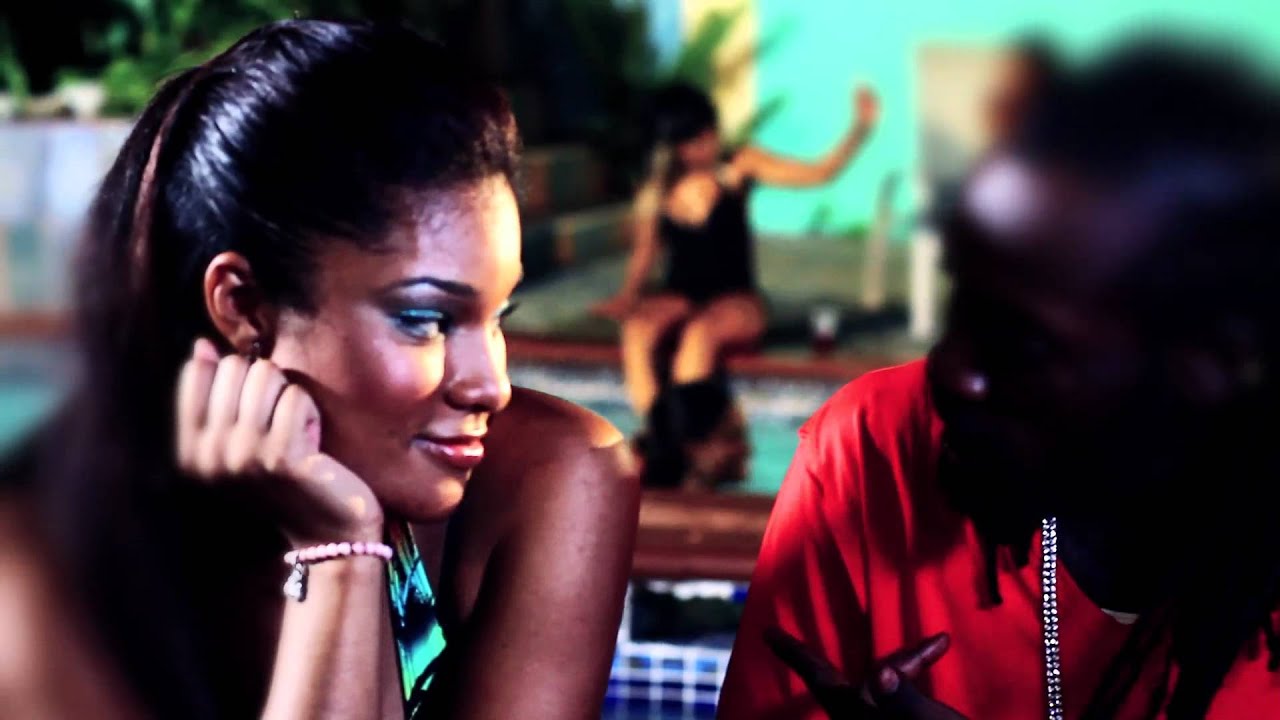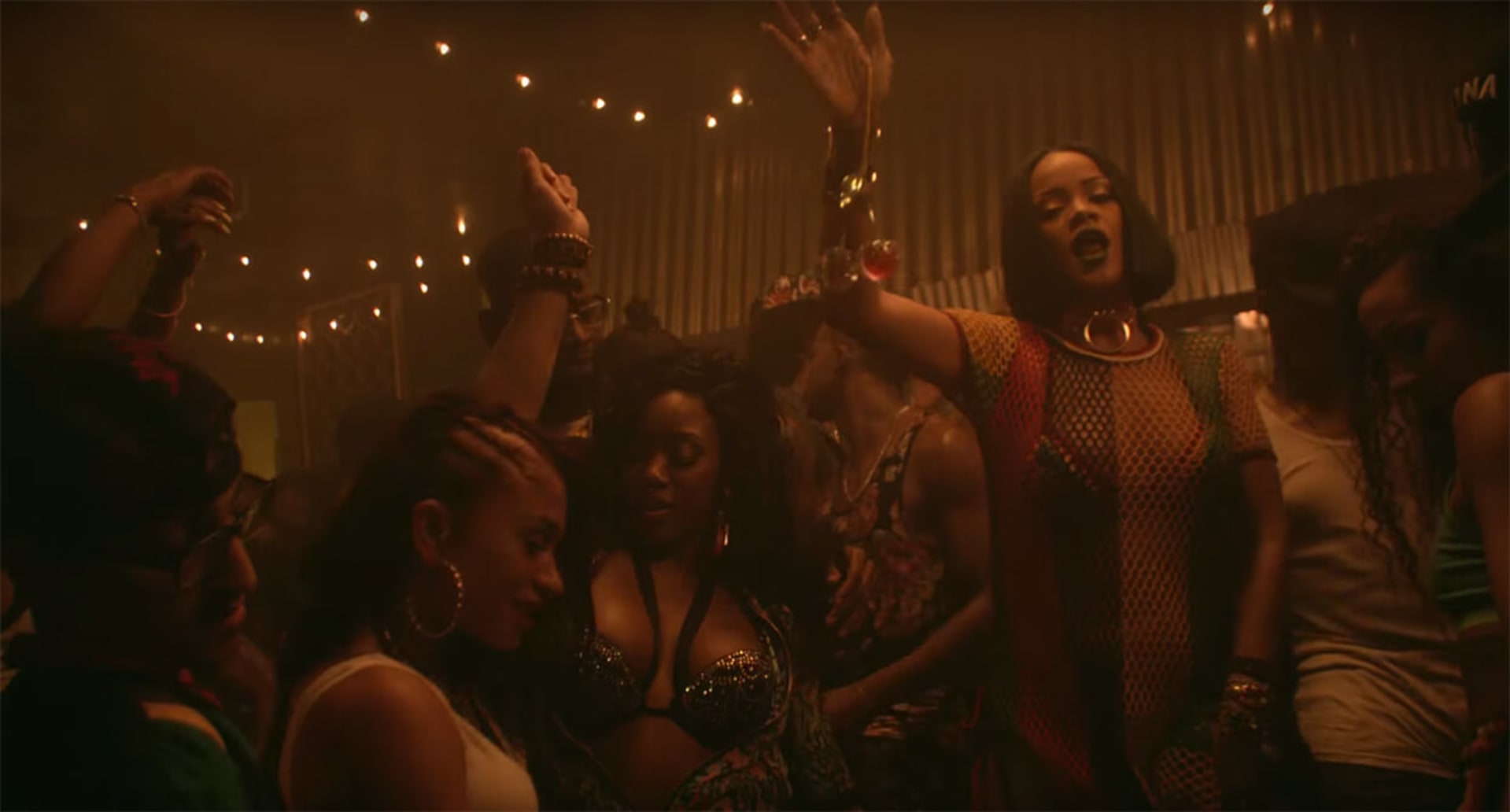
Genre Guide: Dancehall’s Most Essential Riddims
Compiling a guide to all of dancehall and picking only a few songs is a hard a task for mortal men, so I decided instead to focus on dancehall rhythms. A rhythm—or “riddim”—is an instrumental track created by a producer or label that’s given to vocalists to create their own versions. In the early days of dancehall, each version was released as a separate single, but since the early 2000s a batch of versions will usually be released as a digital album. The beauty of this format is that it allows for a method of genre development based on iteration; the pressure is not only to innovate, but to improve. You can have multiple great songs with the same rhythm, ensuring that no vocal idea remains undeveloped. It’s quite common for rhythms to be recycled and brought back in to the collective consciousness years after their debut, often with an updated instrumental incorporating the latest production techniques, drum machines, synthesizers or computer software.
The guide compiled here came after long discussions with both Dan Dabber, with whom I started a dancehall club night/mix series/production outfit called Top Dollar, and my DJ colleague Pete Butta. These are the rhythms that we collectively feel shaped dancehall and got us to fall in love with the music.
Noel Davey, “Sleng Teng” (Jammy’s 1985)
“Sleng Teng” was one of earliest rhythms to start the dancehall revolution in the 1980s. Created by keyboardist Noel Davey at King Jammy’s studio with singer Wayne Smith, the rhythm exploded on the airwaves and has been versioned ever since. A response was swiftly delivered by King Tubby with a remade instrumental on his own label, Waterhouse. Since then “Sleng Teng” has been remade by producers such as Steely and Cleevie, Harry J and current producers like Jah Snowcone.
King Tubby, “Tempo” (Firehouse 1985)
Osbourne Ruddock (aka King Tubby) is one of the most beloved figures of reggae culture and is still considered its premier production technician. His innovations in dub are well documented, and fans speculate endlessly about what he might have accomplished had his life not been tragically cut short in 1989. His Waterhouse studio gave a start to countless musicians, producers and engineers, including King Jammy and Hopeton Brown (aka Scientist). When Tubby’s former apprentice, Jammy, capitalized on a Casio MT-40 preset and made “Sleng Teng”, Tubby enlisted the same keyboardist: Noel Davey. Together with rising star Anthony Red Rose and Steve Monk, they wrote a brand new composition they named “Tempo”. The intro features the King Tubby trademark of vocals paired with a stripped-down bassline. “Sleng Teng” was the prototype, but “Tempo” has the master reminding the student who’s boss. Of course, the “Tempo” rhythm became so big that King Jammy made his own version of it.
King Jammy “Tonight” (1987 Jammy’s)
Eccleton Jarrett’s “Turn On The Heat” is one of my all-time favorite dancehall songs to use King Jammy’s “Tonight” rhythm. There are many other great versions, and I suggest hearing as many of them as possible. Listen to Cocoa Tea’s “Young Lover” or “Girl Go Home” then Wayne Wonder’s “Saddest Day of My Life” (produced by Donovan Germain) to see the progress of this riddim as it was brought back in the 1990s and again in the early 2000s.
Wycliffe “Steely” Johnson & Cleveland “Clevie” Browne, “Gi-Gi” (Shang 1992)
We enter the 1990s with the “Gi-Gi” rhythm, which has been remade multiple times under various names. It gets confusing, but it demonstrates again that recycling is an essential concept in dancehall culture. Perhaps the most well-known version—and the first—is Shabba Ranks’ “Ting A-Ling”, which was produced by Steely and Clevie. They brought the rhythm back again with Baby Wayne as “Mama”, and then Donovan Germain released further versions on his Penthouse label, which reworks you might recognize by the “big it up” vocal sample. In 2005 it returned as “Throw Back Giggy” by producer Craig “Leftside” Parks via Elephant Man’s monster tune “Play Hard Fi Get”. In 2009 it was versioned by Parks again as “School Bell” via the Vybz Kartel-voiced hit tune “Gaza Ting A Ling”. A 2013 version resurrected it one more time via TJ Records and Teetimus as “Toasted Riddim”.
Tony Kelly, “Bookshelf” (K..Licious 1998)
Producer Tony Kelly got his start as an apprentice engineer in the late ’80s on labels like Firehouse. “Bookshelf” is one of the most beloved dancehall rhythms and likely one of the best known outside of the dancehall world due to the success of Sean Paul’s “Deport Them”. Other versions of the rhythm are great; Frisco Kid and Mr. Easy version “Bashment Time”, for instance, was famously used in the classic Hype Williams movie “Belly”. Check out the rest of Kelly’s discography, as he has produced plenty of other classics.
Dave “Rude Boy” Kelly, “Showtime” (Xtra Large 1997)
The “Showtime” rhythm was produced by Dave “Rude Boy” Kelly, who has a resume boasting notorious dancehall rhythms such as “85”, “Fiesta”, “Joyride” and “Arab Attack”. Kelly got his start on another staple label of 1990s dancehall: Donovan Germain’s Penthouse Records. He’s also the brother of Tony “CD” Kelly, the architect of the “Bookshelf” riddim.
Ward 21 “Bellyas Riddim” (Mentally Disturbed 1999)
Ward 21’s first hit rhythm was and released on a sublabel of Jammy’s Records, Mentally Disturbed, and marks an interesting transition from the minimal rhythms of the ‘90s to the more synth-driven productions of the 2000s and 2010s. This is a stone-cold classic rhythm with over 20 versions by Beenie Man, Lady Saw, Elephant Man and others. The most well-known version is the absolutely scorching “Who Dem”, which was later reinterpreted as the hit drum ’n’ bass tune “Duppy Man” by Chase ’n’ Status in 2005.
Rohan “Jah Snowcone” Fuller and Adrian “Izes” Marshall, “Applause” (Jah Snowcone 2004)
Written by Adrian “Izes” Marshall for producer Jah Snowcone, this rhythm backed Sean Paul’s biggest Billboard career hit “Temperature”. While this version dominated the U.S. airwaves, there were plenty of other versions being cut by Sizzla, Elephant Man, TOK, and others.
Patrick “Roach” Samuels, “Siren” (Time Travel 2005)
This selection caused a lot of a discussion between us; while it’s not one of the most well known rhythms of the 2000s, it is an important intersection of several important dancehall careers. It was produced by Patrick “Roach” Samuels, who served as Vybz Kartel’s tour manager when Kartel’s career began to catapult. Roach is credited as producer of only a few rhythms, but his involvement as a dot-connector in the dancehall scene is undisputed. “Siren” provided an instrumental for Kartel’s “Emergency,” which track highlighted his diversity a socially conscious artist with lyrics outlining social and political problems in Jamaica and delivered with his trademark ferocity. The rhythm itself was also topical for the era when it was released, as it features the famous Kill Bill siren sound and an early 2000s Neptunes/Korg Triton sound palette.
Stephen “Supahype” Davis, “Smash” (Hyperactive Entertianment 2006)
This production by Stephen “Supahype” Davis is a great example of the new breed of rhythms. The drum programming is more detailed, the tempo is faster—this one clocks in at 120 beats per minute—and there’s a heavy emphasis on melodies in the rhythm construction. You can tell that virtual studio technology had started to replace keyboard workstations at this point. This was the era just before auto-tuned vocals began to dominate the landscape, so the hooks still have a charmingly raw quality to them. The versions to watch out for are by Vybz Kartel, Busy Signal, and of course Tony Matterhorn’s smash hit “Dutty Wine” and the dance craze of the same name that helped popularize it.
Linton “TJ” White, “Unfinished Business” (TJ 2008)
Serani’s version on Linton “TJ” White’s “Unfinished Business” rhythm was a regional hit in New York and New Jersey, which resulted in a major label deal for the artist. Serani was also responsible for writing the “Smash” rhythm and reportedly contributed to the writing and/or production on “We Be Burnin” for Sean Paul. The vocal samples in the instrumental are a clear nod to Atlanta rap production, which demonstrates once again the inseparable connection between dancehall and rap.
Gyptian “Hold Yuh” (VP 2010)
The beauty of this rhythm is the incredible simplicity in the signature production attributed to Brooklyn-based Ricky Blaze. The instantly recognizable piano riff resulted in a Gold Certified single for Gyptian, an official Nicki Minaj remix and several other excellent versions. The influence of this rhythm can be heard in one of the biggest rhythms of 2016: the “Moskato”, which backed Konshens’ “Bruk Off”.
Justus Arison, “Overproof” (JA Productions 2011)
Around 2010 or 2011, Roach Samuels discovered a young producer named Justus Arison, who had graduated from a music production and engineering program in Miami before relocating to Kingston. Recognizing the potential, Roach helped Justus to establish JA Productions and unleash the monster “Overproof” rhythm. Heavily influenced by unapologetically attuned Swedish pop producers of the era like Stargate but with unmistakably Caribbean drum programming, “Overproof” laid the blueprint for the sound of Jamaica in the 2010s. Roach’s industry connections ensured that the rhythm would be voiced by the heaviest names in the industry: Mavado, Bounty Killer, Elephant Man, Lady Saw, Beenie Man and Gyptian. According to Arison’s website, there are over 100 official and unofficial versions of the “Overproof” rhythm. As is unfortunately too often the case with dancehall, the story ends in tragedy: Roach was murdered late at night in his car in Kingston in 2013.
DJ Sunshine, “Wul Dem” (Yellow Moon 2014)
Make no mistake about it: this dark and moody rhythm was designed for boasting and flexing on the competition. The drum programming by DJ Sunshine is absolutely ruthless and made it one of the biggest releases of 2014. Featuring a lethal version by rising star Alkaline, Mavado and I Octane, the success of the rhythm resulted in a second iteration, “Wul Dem Again”, and then a festive Christmas “Wul Dem” rhythm.
ZJ Liquid, “Fix Up” (H2O 2015)
We end our guide with “Fix Up”, a no-nonsense rhythm built around a dark digital synth bassline and a catchy string line chugging at only 90 beats per minute. Mavado’s vocal deliveries are strong and reassured on his version, “Bad Anytime”. Another version to check is Alkaline’s “Dem Dem Ago Dead” to get an idea of the level of vocal production in modern dancehall. Autotune, chopped vocals, harmonies and other studio tricks are employed to deliver a rhythmic brute.
Published November 22, 2016.

